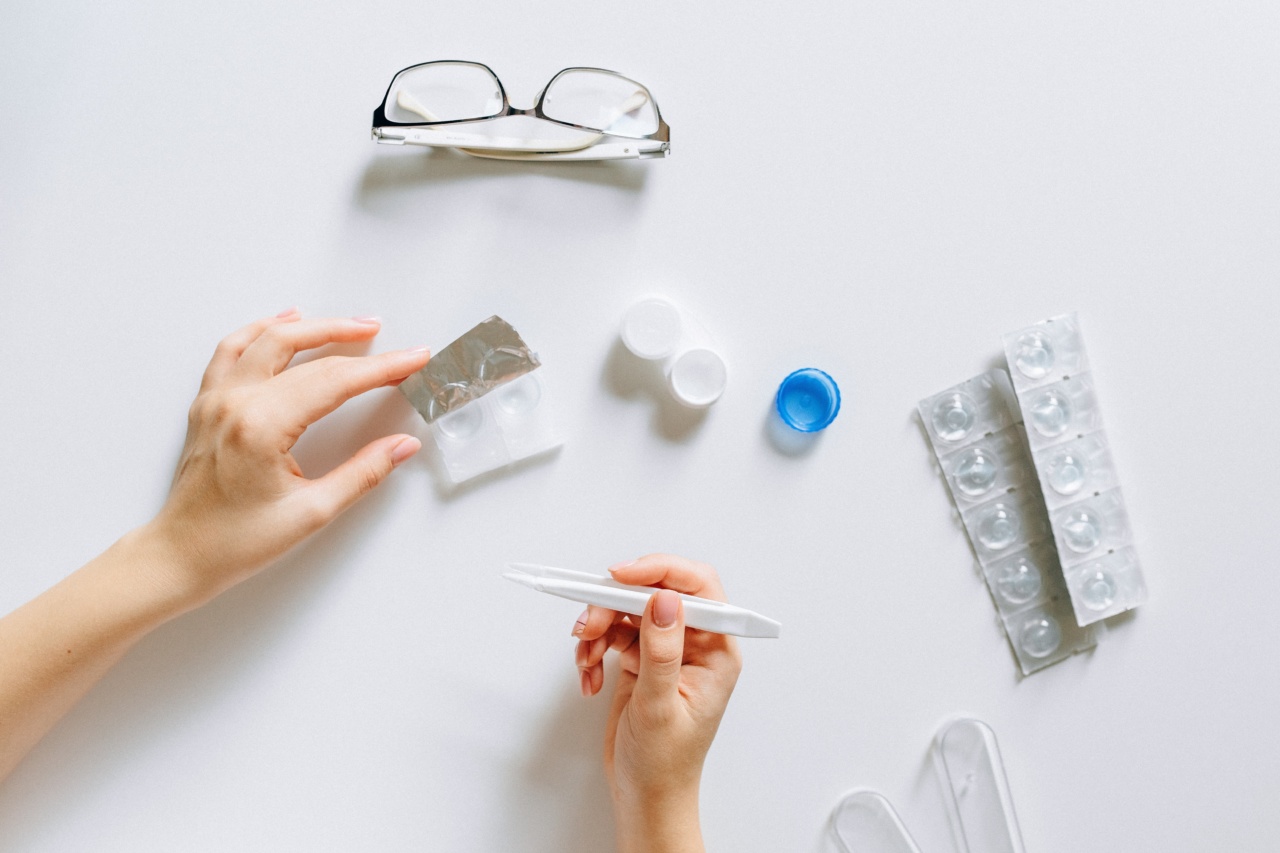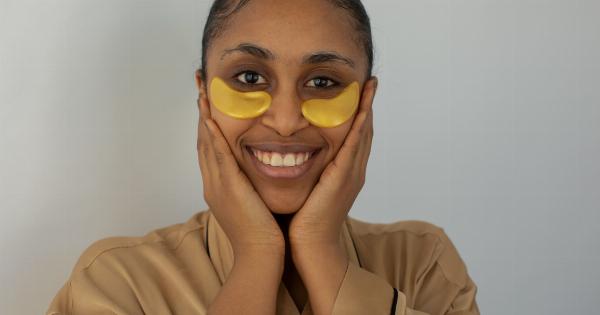Our eyes are one of the most precious gifts we have, so it’s essential to take good care of them. Many everyday things we do can cause strain and damage to our eyes. Here are the top 5 eye care tips to keep your eyes healthy:.
1. Wear Protective Eyewear
Wearing protective eyewear is the most important thing you can do to protect your eyes. If you work in a hazardous environment or participate in high-risk activities like sports, you should always wear eye protection.
Protective eyewear shields your eyes from dust, chemicals, foreign bodies, and debris that can cause eye injuries. It prevents corneal scratches, ruptured blood vessels, and even blindness.
Even if your daily activities are not hazardous, it’s crucial to defend your eyes from UV rays. When you spend time outdoors, wear sunglasses with UV protection.
UV rays can lead to cataracts, macular degeneration, photokeratitis, and other eye problems. Choose sunglasses that block both UVA and UVB rays and have polarized lenses to reduce glare. You can also wear a broad-brimmed hat that shades your eyes from sunlight.
2. Take Regular Breaks from Screens
In today’s digital age, we spend a significant portion of our day staring at screens. Whether it’s a computer, laptop, smartphone, or tablet, digital devices emit blue light that strains our eyes.
Prolonged screen time can cause eye fatigue, dryness, burning, and soreness. It can also disrupt our sleep patterns by suppressing melatonin production.
To prevent digital eye strain, follow the 20-20-20 rule. Every 20 minutes, look away from your screen and focus on something 20 feet away for 20 seconds. This exercise relaxes your eye muscles and reduces strain.
You can also adjust the brightness and contrast settings on your screen, use an anti-glare screen protector, and position your screen at arm’s length and slightly below eye level.
3. Eat a Healthy Diet
A healthy diet is essential for maintaining good eye health. Certain nutrients, such as vitamins A, C, and E, zinc, lutein, zeaxanthin, and omega-3 fatty acids, can enhance your eyes’ function and protect them from damage.
They can also lower your risk of developing eye diseases like cataracts and age-related macular degeneration.
To get these eye-healthy nutrients, eat a balanced diet that includes plenty of fruits, vegetables, whole grains, lean meats, and fish.
Citrus fruits, spinach, kale, broccoli, carrots, sweet potatoes, almonds, sunflower seeds, salmon, and tuna are excellent sources of eye-protective nutrients. If you’re unable to get enough nutrients from your diet, you can take vitamin supplements after consulting your doctor.
4. Practice Good Hygiene
Good hygiene is crucial for preventing eye infections and diseases. Wash your hands frequently with soap and water, especially before touching your eyes. Avoid rubbing your eyes, as it can spread germs and irritate them.
If you wear contact lenses, follow the prescribed cleaning and disinfection routine, and don’t wear them for extended periods.
Replace your contact lens case and solution regularly and don’t share them with others. If you have an eye infection or allergy, stay away from others’ eyes to prevent spreading or contracting the infection.
Don’t wear makeup that has expired or cause irritation to your eyes, and remove your makeup before going to bed.
5. Get Regular Eye Exams
Regular eye exams are essential for detecting and treating eye diseases and problems early. They can also help monitor changes in your vision and prescribe corrective measures.
An eye exam can detect eye conditions like glaucoma, cataracts, diabetic retinopathy, macular degeneration, and other issues that can cause vision loss. Early detection and treatment can prevent or delay the progression of these conditions.
Adults should get a comprehensive eye exam every two years or more frequently if they have a family history of eye disease, a chronic illness like diabetes, or previous eye surgery.
Children should have an eye exam at least once before starting school and every 1-2 years afterward. You can consult an optometrist or ophthalmologist for your eye exams.



























